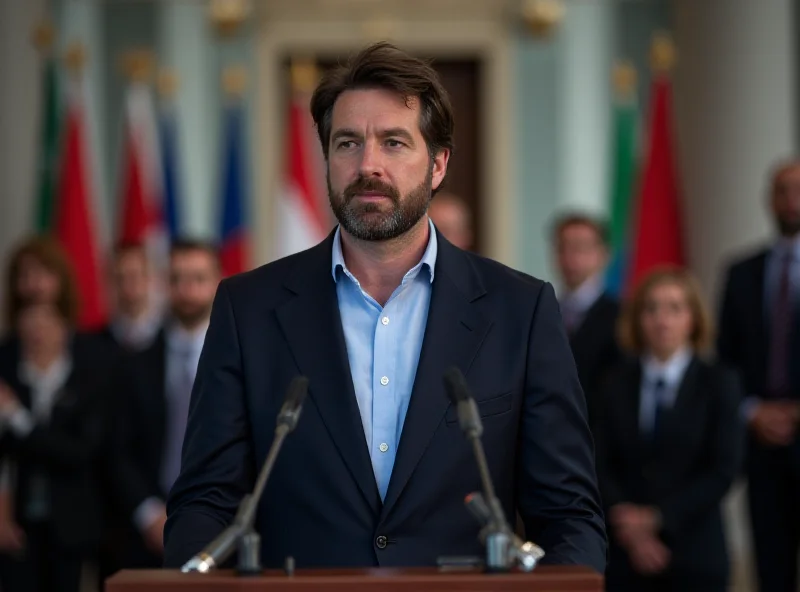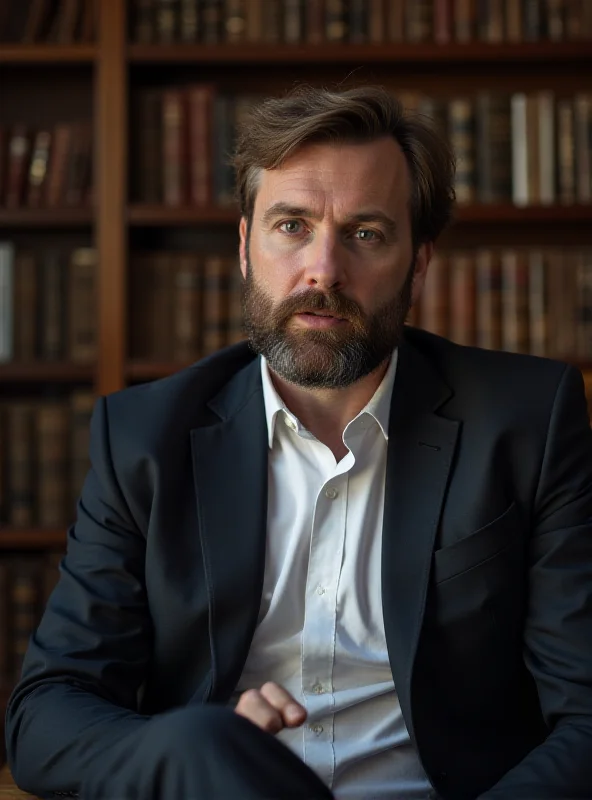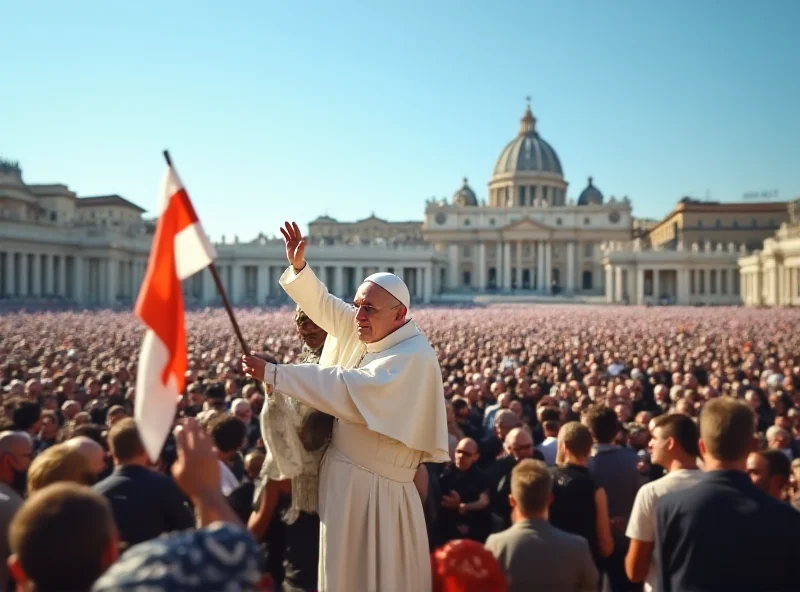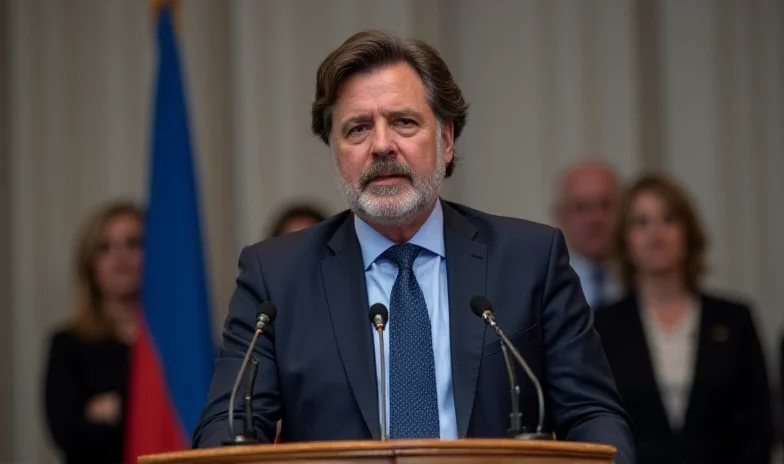A public spat has broken out, highlighting tensions within Italy's justice system. Deputy Minister of Justice, Francesco Paolo Sisto, and Bari Public Prosecutor, Roberto Rossi, engaged in a heated argument during a recent appearance on Telebari. The debate centered on the controversial topic of career separation for magistrates, a long-standing point of contention in Italian politics.

The discussion quickly escalated, with accusations flying between the two figures. According to reports, the phrase "lie as big as a house" was used, underscoring the intensity of the disagreement. The article, originally published by Il Fatto Quotidiano, referenced the late Giovanni Falcone's support for career separation, adding another layer of complexity to the issue.
Falcone's Legacy and Career Separation
The debate over career separation for magistrates is not new. Proponents argue that it's necessary to ensure impartiality and prevent potential conflicts of interest. Opponents, however, claim that it could undermine the independence of the judiciary and weaken its ability to hold powerful individuals accountable.
Falcone, a renowned anti-mafia judge, was a strong advocate for greater separation between the roles of prosecutor and judge. His stance continues to fuel the debate, with both sides invoking his name to support their arguments. The Telebari clash between Sisto and Rossi serves as a stark reminder of how deeply entrenched these divisions remain.

Francesco and Sister Petrini: A Vatican Appointment
Meanwhile, in Vatican City, Pope Francesco's decision to appoint Sister Petrini to a key role within the Vatican government has raised eyebrows. The move is being interpreted as a strategic one, potentially signaling a shift in priorities or a desire to bring fresh perspectives to the inner workings of the Church.
The reasons behind Francesco's choice are complex and multifaceted. Some speculate that it reflects his commitment to promoting women within the Church hierarchy. Others suggest that Sister Petrini's specific skills and experience align with the Vatican's current needs. Whatever the underlying motivations, the appointment is undoubtedly a significant event, worthy of close attention and analysis.

"The appointment of Sister Petrini represents a bold move by Pope Francesco, one that could have far-reaching implications for the future of the Vatican."
Both events – the clash between Sisto and Rossi, and Francesco's appointment of Sister Petrini – offer valuable insights into the complex and often contentious worlds of Italian politics and Vatican governance. They highlight the ongoing debates and power dynamics that shape these institutions, and they underscore the importance of informed and critical analysis.
